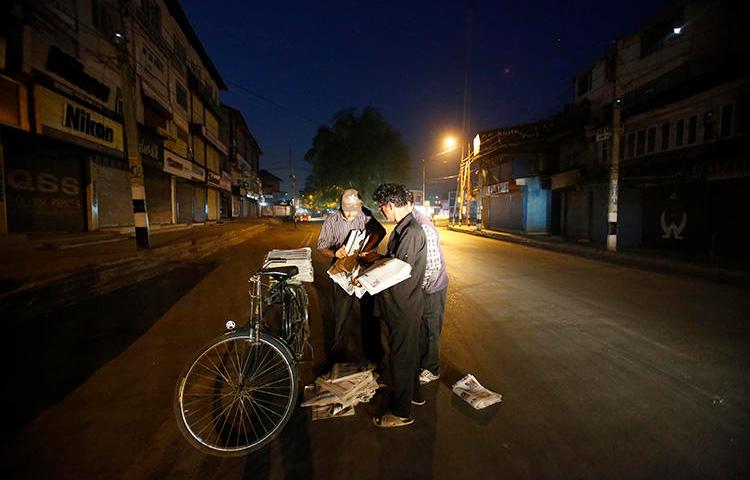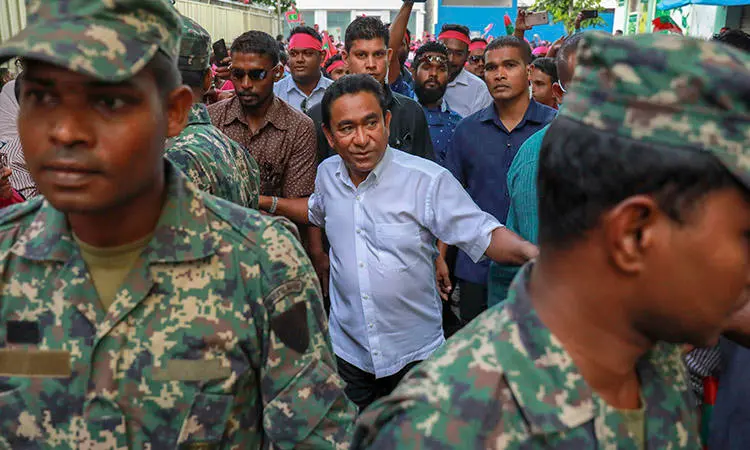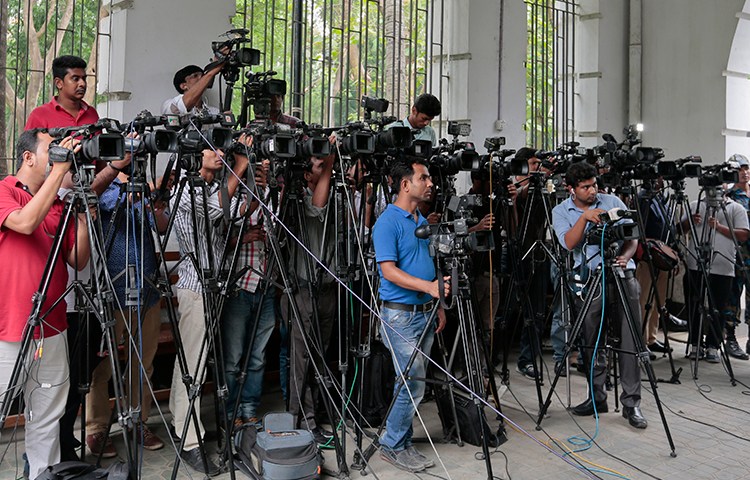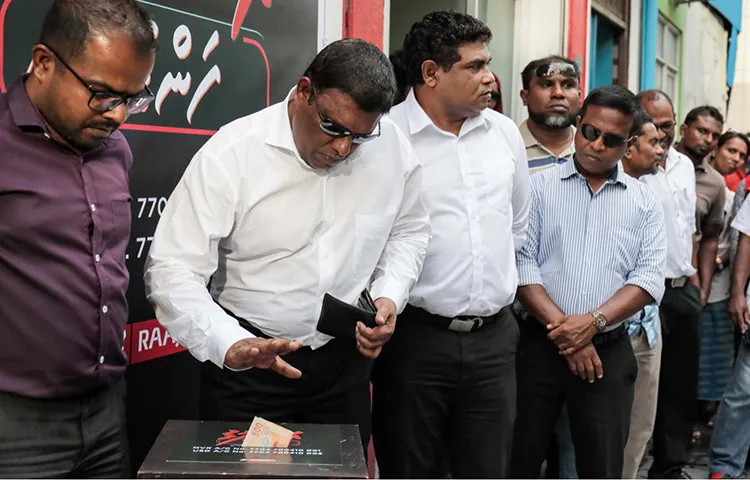Aliya Iftikhar/CPJ Asia Research Associate
Aliya Iftikhar is CPJ's Senior Asia Researcher. Prior to joining CPJ, Iftikhar was a research assistant at the Middle East Institute and interned at the U.S. Department of State. She has worked with Amnesty International and written for Vice News.

Silence from judiciary over media attacks increases self-censorship, Pakistan’s journalists say
When it comes to the military and the judiciary, Pakistan’s journalists are “between a rock and a hard place,” Zohra Yusuf, of the independent non-profit Human Rights Commission of Pakistan, told CPJ. In recent months the judiciary, which has a history of siding with Pakistan’s powerful military, has remained largely silent amid attempts to censor…

In Pakistan, press safety hubs provide support and training for journalists at risk
When a criminal gang sent threatening messages to Ghulam Mustafa, the reporter said his only option was to stop working for the Pakistani station Geo News. Mustafa acknowledges that laying low for nearly three years was the right decision to ensure his safety, but he said, “Professionally, it was strange that I was not working.…



